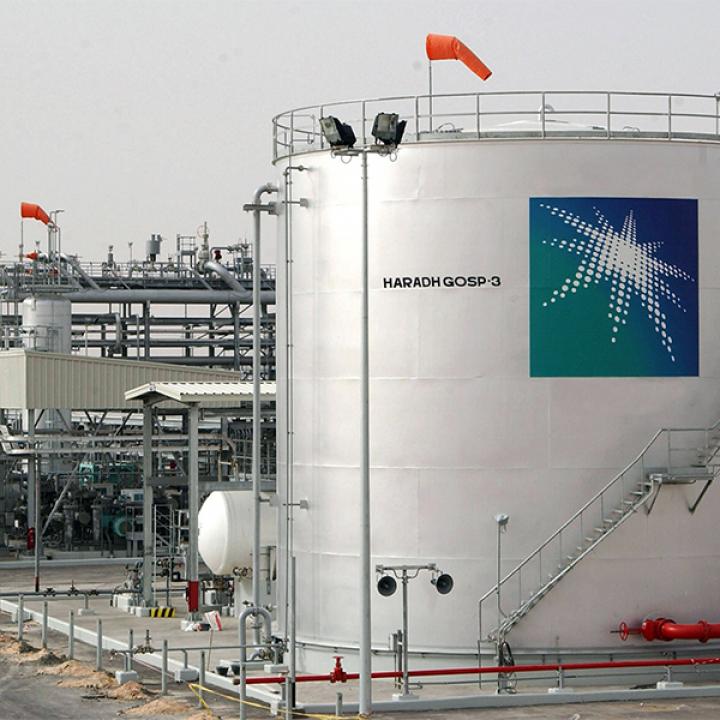
- Policy Analysis
- Policy Alert
The Challenges Facing the New Saudi Oil Minister

Riyadh’s hopes of raising money through a partial sell-off of Saudi Aramco depend on the price of oil, which failed to rise sufficiently under the previous minister.
The dismissal of Saudi energy minister Khalid al-Falih on September 7 was the final blow in his rapid loss of power and influence, a process that lasted just nine days. On September 2, he was removed as chairman of the national oil company Saudi Aramco, only three days after his Ministry of Energy, Industry, and Mineral Resources was split in two, with a new minister appointed to the industry and mineral portfolios.
The changes had been expected for several months, though perhaps not in such humiliating fashion. Alongside media reports that he was using Aramco executive jets for ministry purposes, Falih was said to have doubts about the company’s planned initial public offering. Most crucially, he failed to deliver on oil prices, which have stubbornly sat below $60 per barrel at a time when the kingdom’s budget is still based on $80-plus.
Although announced in the name of King Salman, the changes are no doubt the work of his thirty-four-year-old son Crown Prince Muhammad bin Salman (MbS), who effectively controls the kingdom and is said to be very disappointed that legal complications prevented the Aramco IPO from happening last year. He is now keen on seeing it through in 2020 or 2021.
The new oil minister is Prince Abdulaziz bin Salman, a half-brother of MbS. He is twenty-five years older than his new boss and is not believed to have a close relationship with him, but he has worked in the ministry for most of his life and is regarded as very competent. In fact, he will be the first royal to head the energy ministry; previously, the assumption had been that princes lacked the technical competence for the position and were difficult to sack if they underperformed.
Abdulaziz’s main task will be to handle the politics of the OPEC cartel and deal with other major oil exporters such as Russia. Apart from meeting his younger brother’s expectations, he will also need to work with new Aramco chief and close MbS associate Yasir al-Rumayyan, a former banker with limited oil sector experience. Moreover, his appointment comes against the backdrop of Vision 2030, the crown prince’s signature policy initiative for developing the kingdom’s economy and reducing its reliance on huge oil reserves. The initiative contains a fundamental contradiction: in order to fund the supposed transformation away from oil, the government will need to focus more on oil in the short term. Additionally, the planned Aramco IPO essentially argues that investing in Saudi oil is a good long-term bet.
Meanwhile, much of the rest of the world is trying to turn away from hydrocarbons; the United States, the kingdom’s oldest ally, has become energy independent, at least by some definitions. Even current regional tensions with Iran have failed to boost oil prices to the degree they might have in the past. Despite these trends, the changes of the past two weeks clearly represent the crown prince’s latest attempt to square the circle of moving his country toward an economic future that matches the social changes he has been introducing. The energy and diplomatic worlds will be watching to see what happens next.
Simon Henderson is the Baker Fellow and director of the Bernstein Program on Gulf and Energy Policy at The Washington Institute.


